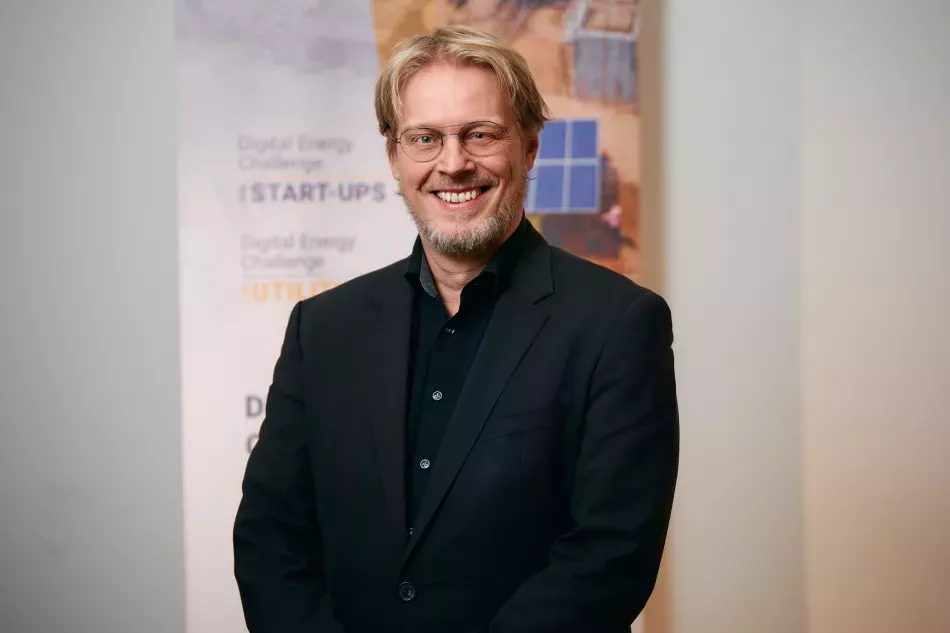
The project is led by Yetu Smart Grids
Yetu Smart Grids was founded in 2020 as an African based sister company of Hydrobox (A Kenyan based off-river hydropower energy specialist) and ByNubian (A smart building & energy solutions provider).
"We are exporting mini grids. So for this balancing is key. For this, of course, we have to know exactly the consumption of our clients."(Rik Vereekcen, CTO, Yetu Smart Grids)
Context
The project focuses on exporting mini-grids to provide sustainable and reliable energy solutions in Kenya. Balancing the energy supply and demand is a critical element for the success of these grids. The initiative aims to address the challenges of energy access in rural areas by leveraging a combination of solar power and hydropower to create sustainable energy grids.
Objectives
Ensure energy balance: Develop a system that accurately balances energy supply and consumption across the mini-grids.
Collect reliable consumption data: Focus on obtaining high-quality household consumption data to optimise grid performance and scalability
Improve access to energy in rural areas: Expand sustainable energy solutions to underserved and remote communities in Kenya.
Empower communities: Facilitate energy access to enhance the quality of life and support socio-economic development in rural Kenya.
Activities
Installation of appropriate meters: Deploy advanced metering systems to monitor and collect energy consumption data from clients, particularly households.
Data collection and analysis: Gather and analyse consumption data from larger customers and households to inform energy balancing strategies.
Expansion of mini-grids: Develop and scale the grids to reach more rural areas of Kenya.
Community engagement: Work closely with rural communities to understand and address their energy needs while promoting sustainable practices.
Impacts
Enhanced energy access: Increased availability of reliable energy in rural Kenya, improving the quality of life for underserved populations.
Sustainable energy solutions: Reduced reliance on non-renewable energy sources by combining solar and hydropower, contributing to climate change mitigation.
Community development: Empowered rural communities through access to affordable and sustainable energy, fostering economic growth and development.
Scalable energy infrastructure: A foundation for expanding and replicating the mini-grid model in other regions, promoting widespread access to clean energy.



